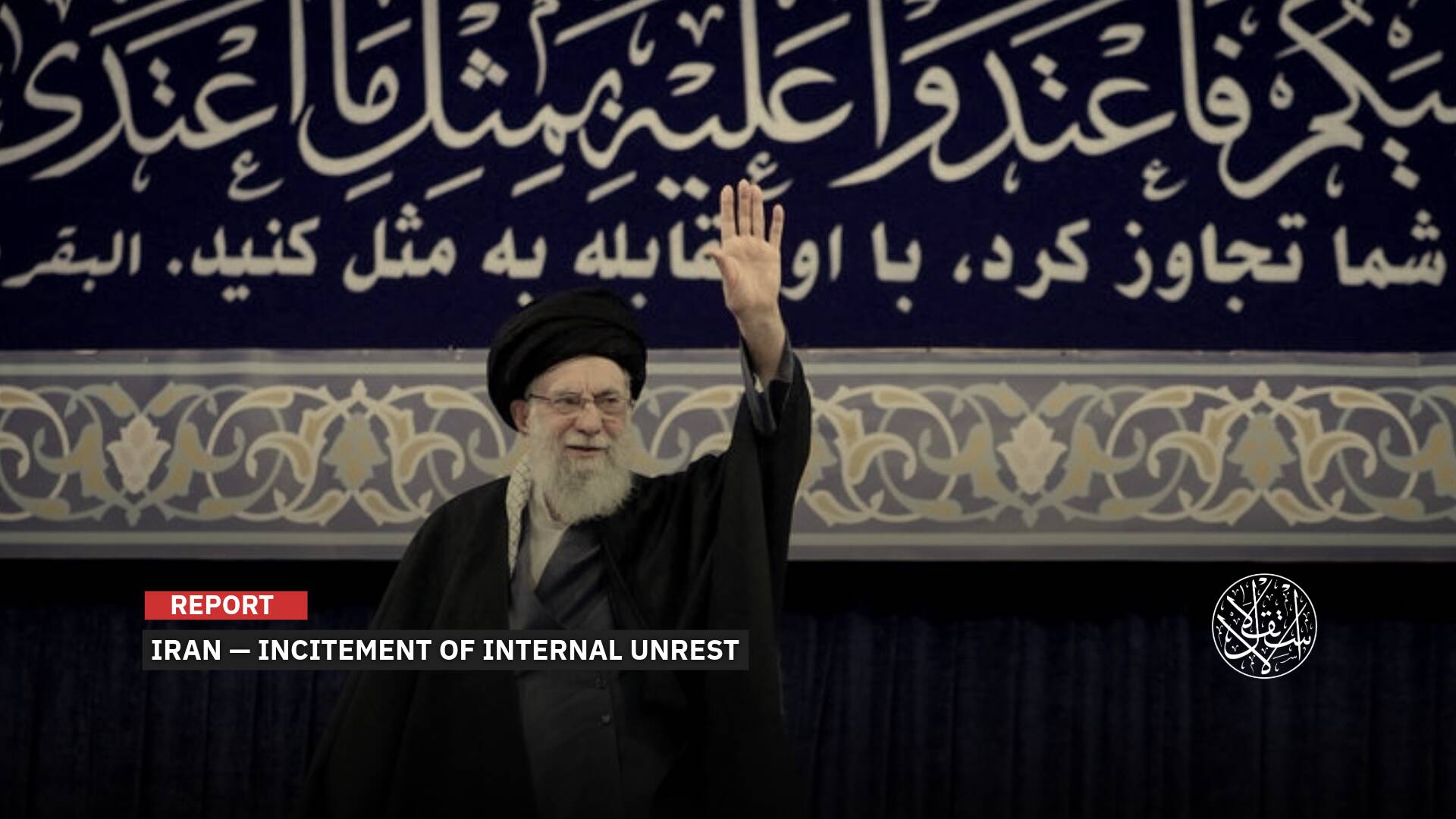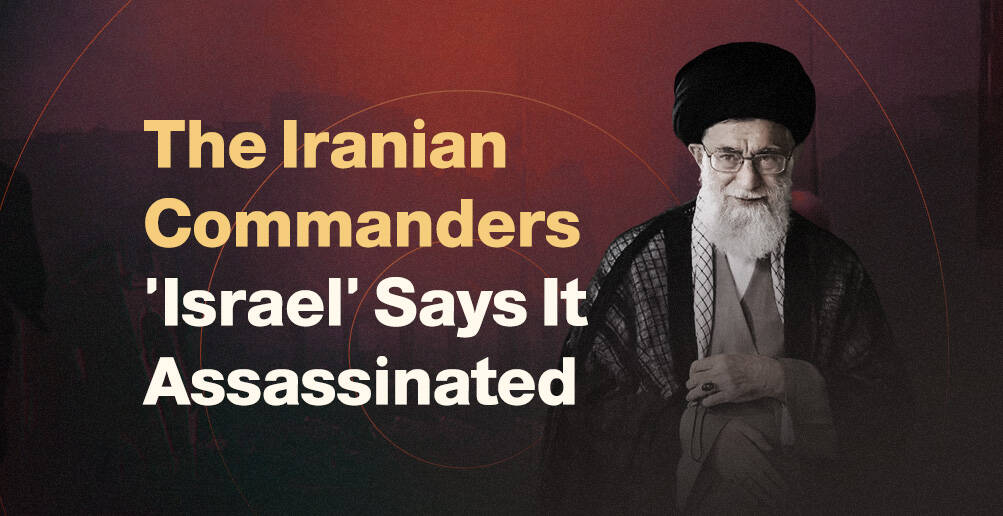Turkiye’s Elections: How Political Parties Compete to Meet the Demands of the Young Generation

With the approaching Turkish elections, the movement of candidates and their propaganda campaigns is multiplying to attract the largest number of voters to vote for them in the presidential and parliamentary elections, which are described as the most important in the country’s history.
According to observers, the new arrivals to the polls from the young generation, known as Generation Z, are receiving the attention of all Turkish parties during the upcoming elections, in addition to the possibility of tipping the balance of the elections to one party at the expense of the other.
The Turkish Statistics Institute (TÜİK) revealed that among the 64 million and 113 thousand and 941 Turkish voters, nearly 5 million young people are expected to take part in Turkiye’s elections on May 14. Should the presidential vote stretch into a runoff on May 28, some 47,523 more citizens will become first-time voters.
Meanwhile, the current president, Recep Tayyip Erdogan, 69, and his main rival, Kemal Kilicdaroglu, 74, are competing on promises to woo the young generation. The third candidate, Muharrem Ince, is trying to appear as the youth candidate.
Also, the electoral behavior of the new voters forced the parties and presidential candidates to follow modern means of communication to reach them, most notably TikTok and Instagram.
Attractive Promises
Turkiye’s presidential candidates are racing to hold meetings with young people, amid varying promises and efforts to attract the new generation that came to life under the leadership of the country’s Justice and Development Party (AKP).
The competition for youth votes in Turkiye comes in light of a difficult economic reality in which the unemployment rate among those between the ages of fifteen and twenty-four years has reached 25%, according to the TÜİK.
On April 25, President Recep Tayyip Erdogan gathered 10 thousand young people in the capital, Ankara, for a rally in which 25 parliamentary candidates from the AKP presented a set of promises devoted to the development of the Turkish youth generation during its campaign for the upcoming elections, as reported by Daily Sabah newspaper.
Under the “Right here, right now for youth” slogan, Erdogan has assured his parliamentary seats would include younger names.
Erdogan also made promises about improving income, marriage loans, and Internet investments, promising new and more regarding the younger generation, to reach the promises of launching the first space flight led by a young man next June.
The Turkish president made promises to the youth, and said that a loan of 150,000 Turkish liras ($7500) will be granted to young people who are about to get married without interest, provided that the installments are paid after two years, adding that he would establish a Family and Youth Bank from the proceeds of natural gas and oil produced by Turkiye.
In addition to removing the system of interviews for employment in the government sector, relying on the results of entrance exams only, exempting university students from taxes when they purchase mobile phones and computers for the first time, and giving them 10 GB of free internet space every month.
Among the promises made by the Justice and Development Party to the Turks, including the young generation, are the provision of 6 million new jobs in 5 years, and the reduction of the unemployment rate to 7%, in addition to raising the per capita share of national income in the coming period to $16,000 annually, and then to higher levels.
Erdogan is also aiming to grant principal roles to young candidates in municipal councils, with the hope of preparing youth for the future.

According to the report prepared by the Turkish Social, Economic and Political Research Foundation (TÜSES), the young people who will vote for the first time are mostly in the southeastern Anatolia region.
Accordingly, the provinces with the highest percentage of young people are Sirnak, Hakkari, Siirt, and Agri, respectively, while the regions with the lowest number of young people are Mugla, Ordu, Balikesir, Izmir, and Bursa.
The report indicates that one million and 166 thousand young voters will vote for the first time in Istanbul, while 285 thousand will vote in Izmir and 176 thousand in Ankara will vote for the first time.
With the succession of opinion polls for the elections in Turkiye, analysts did not rule out holding the presidential elections in two rounds, given that the results of most of the published public opinion polls do not yet give a clear picture of the distribution of votes, Hurriyet newspaper reported on April 11, 2023.
A poll conducted by the public opinion research company Optimar revealed that 53.4% of Turks are confident that President Recep Tayyip Erdogan will win a new term, at a time when 42.1% of them believed that Kemal Kilicdaroglu would win, while 8.3% of them expected Muharrem Ince to win, and 1.7% of them voted for Sinan Ogan.
According to the same poll, 13.6% of young people between the ages of 18 and 24 will vote for Erdogan, 15.2% for Kilicdaroglu, 19.5% for Ince, and 15.3 percent for Ogan.
The poll also showed that 15.5% of young people have not decided their opinions about voting for the presidency of the country, which means that this group will play an important role in determining the fate of the presidential elections in particular.
Among those who have not made a final decision, 41.5% of them can give their votes to Erdogan, and 31.3% of them to Kilicdaroglu.

Young Voters
In turn, the ruling AKP is the party that receives the most votes from the young generation, the head of the party’s youth branch Eyyup Kadir Inan said.
Mr. Inan told Daily Sabah in an interview that the party managed to renew itself and stay young over the years as President Erdogan analyzes the demands and needs of the Turkish youth correctly.
“It is not possible for a party that has been ruling for 20 years to come to power these days without convincing the millions of youth coming from below and without getting their votes,” Mr. Inan underlined. “Although the opposition tries to manipulate this, we started with 10 million in 2002 and continued our path with 26 million votes in 2018.”
“The only way to achieve this success is to get the vote of those voters who will vote for the first time,” Mr. Inan said.
He elaborated that according to opinion polls, the AKP ranks first in the upcoming elections on May 14. In addition, the AKP also became the party that showed the highest number of young parliamentary candidates for the elections.
In turn, Murat Gezici, owner of the Gezici Research Center, predicted that the young generation will be the key factor in the May 2023 elections.
“Young voters will make up about 12% of the total electorate, and they can thus impose their issues on the elections,” he added.
Meanwhile, Professor of Political Science at Istanbul Bilgi University, Dr. Tugce Ercetin, pointed out that there is no homogeneous structure when it comes to young voters.
She added in her study that despite the common points such as unemployment and despair about the future, there are groups that differ in terms of region, differences in education, and standard of living.

Political Tendencies
In the same context, decision-makers and political officials in Turkiye, especially presidential candidates, have recently joined the world of social media, and the aim is to reach the younger generation who have moved away from receiving news from newspapers, television, or what is called traditional media.
According to a study issued by the Reuters Institute in December 2022, which included private data in Turkiye, young people, between the ages of 18 and 24, get news through social media platforms, in addition to their recent departure from Facebook and their direction to Instagram, YouTube, and TikTok.
The BBC quoted experts and journalists as saying that politicians in Turkiye directed their election campaigns from the street to social media, and electoral banners and vehicles with music and rallies were replaced with videos and written messages.
The speeches of the People’s Alliance presidential candidate Kemal Kilicdaroglu broadcast from his home kitchen and the folk dance of the country party presidential candidate Muharrem Ince are a few examples of this.
On its part, Dr. Tugce Ercetin indicated that President Erdogan is ahead of everyone in using social media platforms.
According to experts, social media has become, during the current period, democratic arenas that provide people with an opportunity for discussion and solidarity, and there is a belief that TikTok can be a decisive tool in elections.

On the other hand, reports, studies, and polls revealed that the younger generation consults the opinions of a family member known as the reference group, and then they vote in line with the behavior of this reference group (50-69), which has a much stronger influence than social media or friends.
A study of family influence on voter behavior by two academics, Kenan Aydin and Volkan Ozbek, is a standard for many articles, even for companies and parties that conduct opinion polls.
According to the study, 69.8% of voters talk to their family members about which party they will vote for, and make their decision according to their preferences. In addition to the political positions of the parents, the economic and social conditions of the family have an influence on the electoral behavior of young people.
According to research conducted by Dr. Tugce Ercetin, 75% of young people’s political tendencies pass from father to child.
However, she added that the young generation born in the era of information and communication technology is close to the concept of global citizenship, and comments on the importance of social mobility and freedom, and this may differ in the voting trends of youth groups in the upcoming elections.
Sources
- Türkiye’s May elections to pull in 5 million first-time voters
- Türkiye elections: Erdoğan stokes youthful energy in Ankara rally
- ‘AK Party emerges as party receiving most votes from youth’
- A new poll: Will the presidential election end in the first round? [Turkish]
- A study on the social media use of politicians and youth [Turkish]
- 2022 Digital News Report - Turkey [Study]
- Can politicians reach young voters? [Turkish]
- Which age group affects the ballot box? [Turkish]











